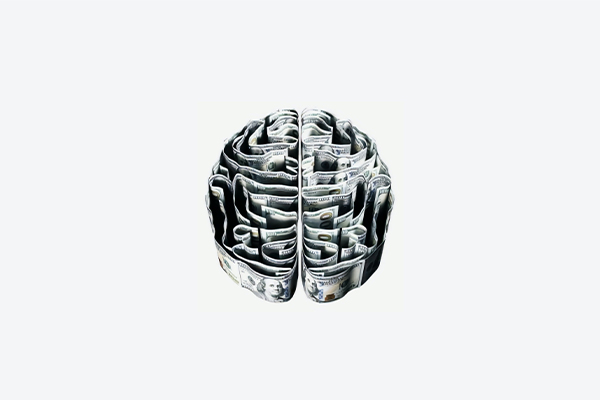Based on the MBTI personality test, I am categorized as the ISTJ type. Introversion is the only indicator that is assigned a “distinct preference”, with a high percentage of 59%. This describes the most notable feature of my personality. I do not necessarily consider the high score in introversion as a weakness. While focusing on the inner world, I also enjoy dealing with real-world affairs. My introversion helps me to listen and observe more than other people, allowing me to weigh the pros and cons of many aspects when making informed decisions.
In terms of the other three features, I scored relatively low in Sensing (6%) and Judging (3%). These low percentages indicate the tendency of tilting towards the opposite features. A different answer to the test questions may change my personality type from ISTJ to INTP. This may increase the inaccuracy of the ISTJ categorization. However, the low percentages do show that I have a balanced personality between Sensing and Intuition, Judging and Perceiving. I am also found to be more rational than emotional. The emphasis on logic over emotion could be practical for solving problems and working, but it may not be beneficial for establishing sustainable relationships with other people.
Factor I of the Big Five test agrees with the MBTI test, indicating that I am considered very introverted and not extroverted at all. The high emotional stability in Factor II points at one potential quality, which is persistence. Since I am less susceptible to external emotional influences, I may be able to concentrate more on my future career or other things that I care about. However, high stability also indicates the potential reluctance to change. In the future, I will learn to think more flexibly and adjust my actions based on changing external conditions.
Factor III shows that I am more agreeable than 17% of the people who took the test. This score may be relatively low as I come from the Chinese culture background which values peace and compromise. The high percentile in Factor IV: Conscientiousness shows that I value individual responsibility greatly and am always trying to fulfill my responsibilities of various roles in life. The high sense of responsibility may contribute to my leadership qualities. Factor V aligns with the “T” from ISTJ. Although being practical and logical instead of imaginative may not be necessarily bad, creativity in thinking is an important trait that I need to develop in the future.

